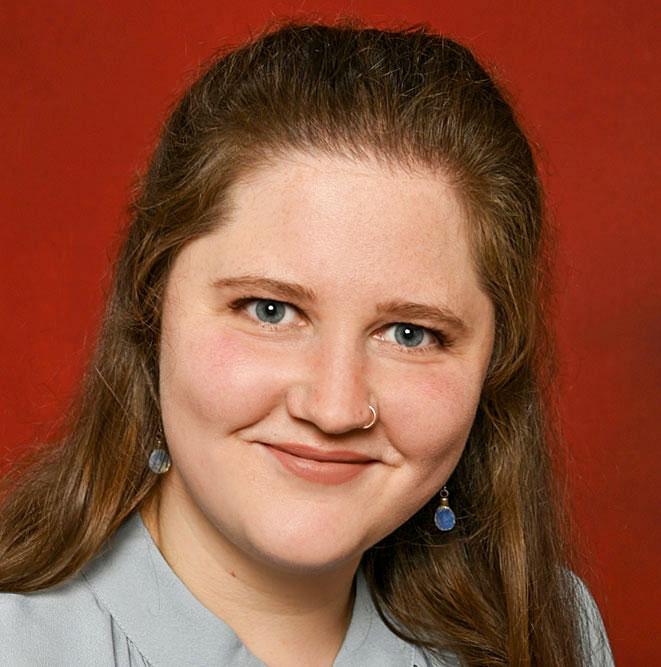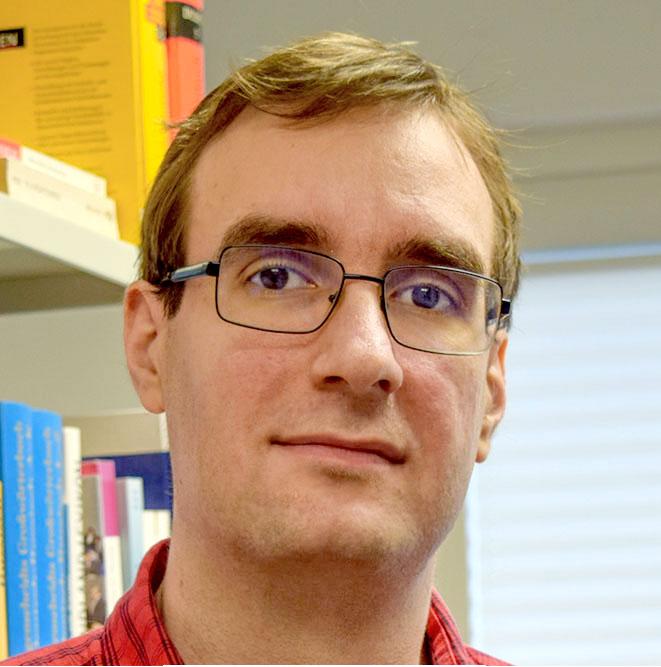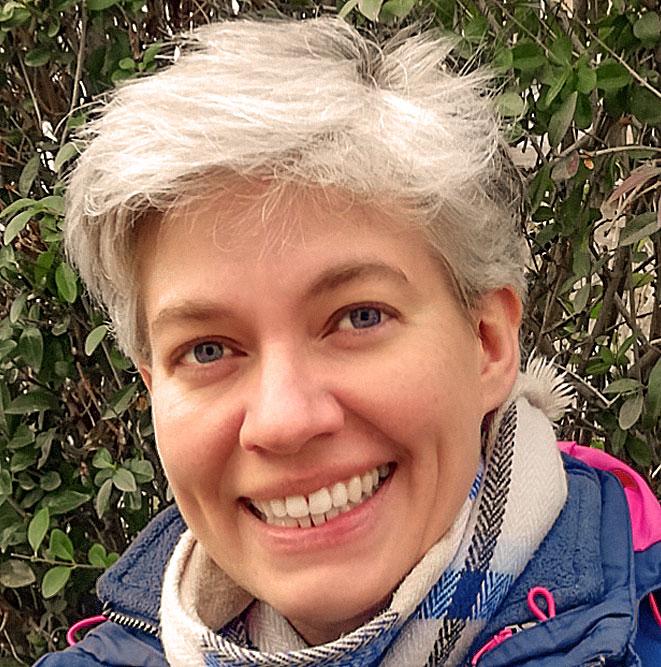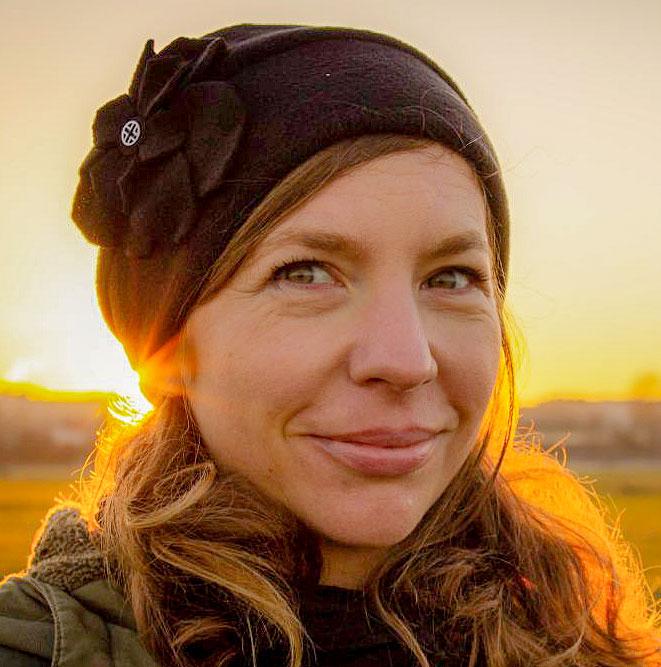MoCom?
MoCom: Motion Comics als Erinnerungsarbeit ist ein Projekt von und für junge Menschen in West- und Ostdeutschland mit und ohne Migrationserfahrung.
Bis Ende 2023 entstanden im MoCom-Projekt vier Motion Comics mit jeweils dazugehörigem pädagogischen Begleitmaterial zum Thema der deutschen Teilung. Beides wird in der (außer)schulischen Bildungsarbeit eingesetzt. Vier Gruppen von jungen Menschen recherchierten zu jeweils einem Oberthema: Grenzübertritte, Flucht und Ausreise, Geteilte Geschichte(n), Ankommen in der Fremde.
Junge Menschen und Schüler:innen entwickelten Bildungsmaterialien für Jugendliche!
Die Projektteilnehmenden waren gleichzeitig Zielgruppe des MoCom-Projektes. Mit einem kollaborativen und partizipativem Ansatz entwickelten sie zusammen mit Künstler:innen, Historiker:innen, Anthropolog:innen und Zeitzeug:innen die Motion Comics und dazugehörigen Begleitmaterialien.
Wieso Motion Comics?
Motion Comics sind digitale, bewegte Bildgeschichten mit Text und Ton. Deren Potential soll in diesem Projekt für die historisch-politische Bildungsarbeit verstärkt genutzt werden.
Die Idee für das MoCom-Projekt entstand im Jahre 2020 mit dem Motion Comic „Geisterzüge“ – Sarah Fichtner und Anja Werner erzählen hier aus Sicht zweier Kinder Erinnerungen an Geisterzüge und Geisterbahnhöfe in Ost- und West-Berlin. „Geisterzüge“ wurde illustriert von den Künstler:innen Azam Aghalouie und Hassan Tavakoli.
Das Projekt
- schafft Zugänge für Menschen mit unterschiedlichen kulturellen Hintergründen,
- vermittelt niedrigschwellig Kenntnisse und Kompetenzen zur DDR-Geschichte,
- beleuchtet anschlussfähig bisher kaum beachtete Perspektiven – beispielsweise migrantische Geschichten,
- gibt einen Anstoß für intergenerationalen und interkulturellen Austausch.
Hinweise (für die Bildungsarbeit)
Die MoCom-Materialien werden für die schulische und außerschulische Bildungsarbeit eingesetzt. Im pädagogischen Begleitmaterial sind jeweils Hinweise für den Unterricht enthalten, die sich vor allem an Geschichtslehrkräfte richten. Allerdings lassen sich die Motion Comics und die Begleitmaterialien auch in anderen Schulfächern nutzen, wie im Kunst-, Ethik-, Politik-, Deutsch- oder Englischunterricht. Jeder Motion Comic ist als deutschsprachige und englischsprachige Version auf YouTube (mit Untertitelfunktion) verfügbar.
Das Projekt soll junge Menschen weiterhin dazu anregen, sich für die deutsche Teilung, andere Grenzen sowie eigene Familiengeschichten zu interessieren und sich kreativ mit ihnen auseinanderzusetzten. Mehr Informationen finden Sie unter „Mach weiter!“.
Triggerwarnung: Alle vier Motion Comics verhandeln Themen, die insbesondere Menschen mit eigener Fluchterfahrung triggern könnten. Einzelne Details, Szenen, visuelle und auditive Reize können Erinnerungen traumatischer Erlebnisse auslösen und zu ungewollter Konfrontation führen. Lehrkräfte und andere Multiplikator:innen sollte sich darüber bewusst sein und Schüler:innen sowie andere Zuschauer:innen darauf hinweisen.
Was ist passiert?
Die Teilnehmenden sammelten Materialien und Erinnerungen zu Erfahrungen mit der innerdeutschen Grenze – und zu anderen Grenzen, die bis heute Einfluss auf das Leben vieler Menschen in Deutschland haben.
Dabei recherchierte jede Gruppe zu einem anderen Oberthema. Die Teilnehmenden tauschten sich über Fotos, Interviews, Zeichnungen und Objekte aus und entwickelten gemeinsam eine Erzählung. Zusammen verfassten sie das Manuskript für den Motion Comic. Professionelle Künster:innen setzten dann die Ideen konzeptionell und visuell um. Die Teilnehmenden waren für die Audiogestaltung zuständig: Sie organisierten Sprecher:innen oder sprachen das Manuskript selbst ein, sammelten Musik und Geräusche. Während des gesamten Produktionsprozesses bestand enger Austausch mit den Künstler:innen.
Im MoCom-Projekt konnten junge Menschen aus dem gesamten Bundesgebiet mitmachen. Denn der regelmäßige Austausch fand online per Video-Konferenz statt. Zum Auftakt und zur Premiere traf sich die Gruppe persönlich bei einem Wochenend-Workshop in der Gedenkstätte Deutsche Teilung Marienborn und in Helmstedt.
Wer sind wir?




Gedenkstätte Deutsche Teilung Marienborn
Die Grenzpassage Helmstedt/Marienborn gehört zu den herausragenden Orten der Erinnerung an die deutsche Teilung. An der Nahtstelle zwischen Ost und West entwickelte sich die DDR-Grenzübergangsstelle (GÜSt) Marienborn zum größten und wichtigsten Kontrollpunkt an der innerdeutschen Grenze. Die zeichenhafte Architektur der Großdächer und Lichtmasten auf dem ehemaligen Kontrollareal verweist auf die streng überwachte Systemgrenze, die nicht nur Deutsche von Deutschen trennte, sondern ganz Europa und die Welt in zwei gegensätzliche Machtblöcke spaltete.
Auf dem Gelände dieses einzigartigen historischen Ortes befindet sich seit dem 13. August 1996 die Gedenkstätte Deutsche Teilung Marienborn. Sie ist ein Ort des Erinnerns an die Menschen, die durch das Grenzregime der DDR ihre Heimat verloren, Leid und Unrecht erfuhren oder getötet wurden.
Projektförderung
Das Projekt MoCom: Motion Comics als Erinnerungsarbeit wurde organisiert und finanziert von der Stiftung Gedenkstätten Sachsen-Anhalt/Gedenkstätte Deutsche Teilung Marienborn. PD Dr. Anja Werner (Historikerin) und Dr. Sarah Fichtner (Sozialanthropologin) haben das MoCom-Projekt konzipiert und entwickelt. Die Gedenkstätte Deutsche Teilung Marienborn arbeitete zusammen mit dem Institut für Didaktik der Demokratie (IDD) der Leibniz Universität Hannover als Kooperationspartner. Im Rahmen des Bundesprogramms „Jugend erinnert“, Förderlinie SED-Unrecht, wurde das Projekt gefördert von den Beauftragten der Bundesregierung für Kultur und Medien.
